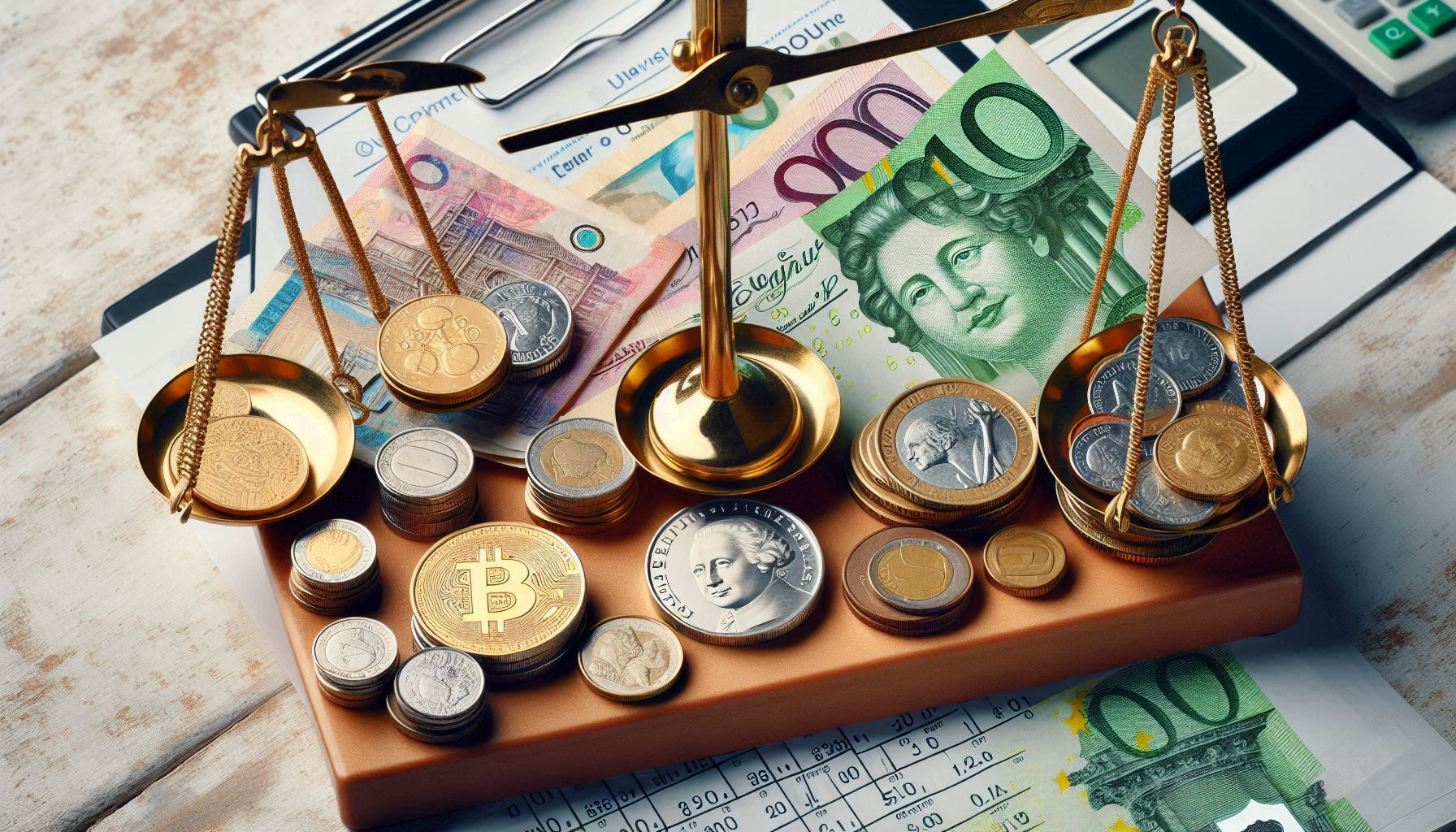This is post #4 in my series on money and Bitcoin. You can jump to the posts with these links:
- What is Money
- How Money Solves a Problem
- Five Characteristics of Money
- Three Functions of Money
- Money Rankings on a Quality Scale
- How Governments Control Money
Money has five important characteristics: durability, portability, divisibility, acceptability, and scarcity. High-quality money rates highly in each of these areas, low-quality money does not. The best money ranks highest across all categories.
Money serves three basic functions:
- Store of value
- Medium of exchange
- Unit of account
How different forms of money rank in each of the five characteristics will determine how well they carry out these functions.
Store of Value
Our time and energy have value because they are finite resources and we produce things of value with them. Humans spend time working, producing value, and then receive compensation in exchange. Compensation takes various forms, but money is most common. A fair wage is a fair wage because it is a fair exchange for the time and energy contributed.
It is natural to want to preserve what our time and energy have produced. Some have experienced the gutting feeling of seeing their home and property ruined or washed away by a flood. It is devastating because countless hours of effort have gone into making our homes and property just the way we want them, to say nothing of the memories made with family over a lifetime.
This same desire applies to the preservation of financial value. It is natural to want to preserve the purchasing power of our money. We are spending time, effort, sweat, and tears to acquire it; it should buy us the same amount of goods tomorrow as it does today. Good money maintains its value over time.
A stable store of value enables at least three things:
- Savings and Investment: People save money for future needs, emergencies, or retirement. If the value of money erodes (due to inflation or other factors), their savings lose purchasing power.
- Financial Stability: Stable money ensures economic stability. When money retains its value, it promotes confidence in the financial system and encourages investment.
- Long-Term Planning: Businesses and individuals make decisions based on the expectation that money will hold its value. This enables long-term planning and investment.
Medium of Exchange
Money plays a role in facilitating transactions and trade between individuals, businesses, and other entities. Not to rehash the argument from my second post but, in a barter system, where goods and services are directly exchanged for other goods and services, trade is limited by the double coincidence of wants. For a transaction to occur, both parties must simultaneously have what the other party wants.
Money overcomes this limitation as the intermediary in transactions. Instead of directly exchanging goods or services, people can sell what they have for money and use it to purchase what they need from others. This enables both a better allocation of resources and specialization, as individuals focus on producing specific goods or services for which they have a comparative production advantage.
A medium of exchange enables transactions across time and space. Parties separated by significant distances can still transact. Individuals and companies can save for future consumption. Money, being a generally accepted means of payment, enables economic activities that would otherwise be challenging or impossible.
Unit of Account
Standard measurements are crucial. If no consensus existed for standard weights, lengths, and even longer lengths (distances), engineering at scale would be impossible. In the same way, modern economies are only possible because of a standard measure of value for goods and services. Money serves as a unit of account. It provides a common denominator for quoting prices, recording debts, and measuring economic values, enabling easy comparison and valuation of different items.
If one person values a product in terms of apples, while another values it in oranges, comparison is difficult and trade is nearly impossible.
Money, as a unit of account, solves this problem by providing a standardized unit of measurement. Prices of goods and services are expressed in a common currency, allowing for easy comparison and evaluation. Buyers and sellers can assess the value of items and negotiate fair exchanges.
A single unit of account also simplifies record-keeping and accounting processes. Businesses record their revenues, expenses, assets, and liabilities using a common unit of account, making it easier to analyze financial performance, prepare financial statements, and make informed decisions.
In any modern economy, calculating economic indicators, such as gross domestic product (GDP), inflation rates, and national income, would be impossible without a single unit of account. More complex credit markets and (regretfully) a proliferation of financial instruments are also made simpler with a single unit of account.
Summary
Money functions in three key ways in modern economies: as a store of value, a medium of exchange, and a unit of account. Different forms of money perform better or worse in each function, depending on how strong each is in durability, portability, divisibility, acceptability, and scarcity.
Future posts will look at how various forms of money rank on the quality scale, the implications on people using the money, and the impact governments have on the money used within their borders.
This is post #4 in my series on money and Bitcoin. You can jump to the other posts here:
